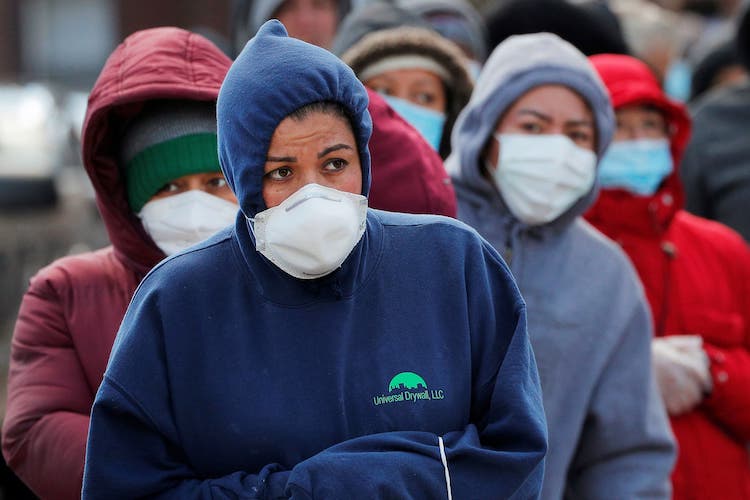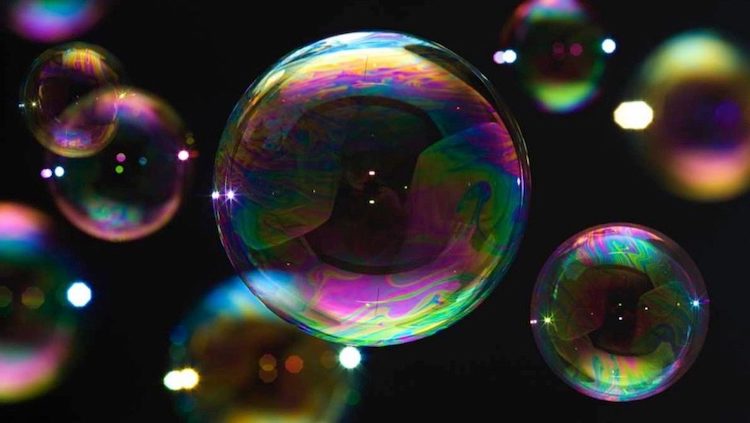Here’s a story for you:
Some years ago, someone I know was travelling with a small group in a foreign country. It was a country somewhat hostile to the travelers because of their religious affiliation. These people were traveling in a remote area, on one-lane dirt and mud roads, into the foothills of some beautiful mountains. They were looking for someone. They didn’t know exactly where they were, but they had to try.
On the way up into the mountains, they passed through a small village – the last place they could stop to eat and refresh themselves. All was well until it was time to leave. A police officer approached and demanded, “Where are you going?”
“We are going into the mountains to buy walnuts,” the guide responded. The area into which they were going was famed for its walnuts.
“Alright,” the officer replied. “But you must come back through this village before dark.”
The group ended up staying two nights, and on the way back down the mountains, had to go through the village and pass the very police station of the officer who had warned them. As they approached, the driver instructed everyone to get down and stay low until they had cleared the town. It was a tense few moments, but once through, the rest of the trip was uneventful.
I tell this story because personal freedom has come to mind recently. I think the last few years have taught us something about it, especially now that we know more about what was happening during the Covid pandemic. I personally am not one to condemn our leaders and claim there was some kind of (massive) conspiracy to use the pandemic as a dry-run for an eventual total takeover. I mean, if it was only a dry-run, all it would have really done is tip us off to the incompetence and deception of those who would want to take power. We’ve been warned now, and I wouldn’t think it easy to try anything so shady in the future…at least for now.

Most of what I saw was just decent people trying to figure out what was right. In some cases, a bit (no…quite a bit) overzealous. But mostly, just stupidly naïve about things. Part of it, too, must certainly be attributed to our overwhelming urge for safety these days. No one wants to take the fall if things go bad, so they overcompensate. If you don’t mandate masks and one person dies, that is not a risk anyone wanted to take. Sure, the air was thick with bulls**t, but our detectors were not yet tuned.
But I remember one thing especially about the pandemic here around Osan Air Base in Korea: “the Bubble.” “The Bubble” was a five-kilometer perimeter (arbitrarily) set by the base Commander. Base personnel were prohibited from travelling outside “the Bubble” without command permission. There were several other rules and conditions attached to it, but “the Bubble” was the thing. No one else on the peninsula had “the Bubble,” and that made it even harder on me and others whose very health and well-being relied upon long rides (in the very clearly Covid-free country air, far from most of humanity) that most often travelled far outside the perimeter. We were imprisoned. Sure, we could go out – if we masked up and socially distanced — but never really “out.” Even things like going to visit and take food to my sister-in-law, who lived about a kilometer outside of the perimeter, were suddenly forbidden under penalty of losing my job, my home, and my ability to even stay in the country.

So this was what losing one’s freedom felt like. It wasn’t some dry-run at world domination and the submission of a once free people; it was a dry-run at showing some of us what a world even remotely like that would look like. And it wasn’t pleasant in the slightest.
The ability of governments to control the lives of the people they govern is becoming more powerful. I’m reminded by the actions of that country in which my beginning story took place. It’s no longer a matter of some astute rural policeman keeping tabs on the occasional traveler. These days it’s about mass surveillance through facial recognition, control of currency and trade by making electronic payments through a phone app mandatory to do business, and a social point system that determines whether you’re “trustworthy” enough to even travel outside of the town in which you live. And the rise of AI will only make it easier for them.
I’m not saying “this is where we’re heading,”…yet. I think the pandemic was a wake-up call – not to conspiracy theorists and right- (or left-) wing crazies, but to the common citizen who might say something like, “Hey, I didn’t like being told I couldn’t travel more than 5km from my home” (yeah, unique to us over here at Osan), or “Come to think of it, being forced to wear a mask everywhere” or “I can’t even go to the beach?” or “get the shot or you lose your job” was all (in hindsight) clearly excessive government overreach that in the end hurt us more than it helped. It was a taste of what life could be like under the thumb of those who would prefer to control us all, and I hope we don’t fall for anything like that again.

Do you think your restrictive bubble could have been partly because we are a guest in that country — an effort to prove that we are good guests not ugly Americans? As far as mandating shots, when I joined the AF, they didn’t even ask. Have we gotten more selfish in 40 years that wearing a mask for the good of our companions, not for ourselves, is a blot against our personal freedom? We live in a tribe. It’s a hard job to balance community with self interest.
As I said, it was arbitrary and Osan was the only installation on the Korean peninsula to implement a “bubble.” If we’re talking ugly Americans, you would think that the Army would have at least done something similar, but that was not the case.
As for shots, sure, I’ve had my share; but those shots were for the most part well-tested and proven effective. As it stands, I got plenty of the Covid vaccine, and didn’t really mind. But I know people who had serious and valid concerns. I also know someone personally who died from the vaccine. A lot of people were uncomfortable being guinea pigs, but their concerns were steamrolled and brushed aside.
As for masks — again, far too much conflicting data. They may actually have done more harm than good, but we will probably never know. Korea is mask-happy, so I’m used to it. We had ordered a hundred masks before we even heard of Covid, just for the pollution.
My point is more along the lines of people in positions of authority erring on the side of stricter government control and less personal autonomy, and that brings us just a little bit closer to a less free society. Some of it was egregious — like the “bubble.” Some of it was apparently sensible (at the time) but heavy-handed, like masks and shots. From my title, I’m leaning more toward this being a taste of what authoritarian countries go to — or pretty much everyone left of the US on the spectrum (which is *everyone* on a scale of personal freedom).
We are spoiled by it, and don’t realize it until we get told we can’t just hop in a car and go more than 5km. Then, it rankles…